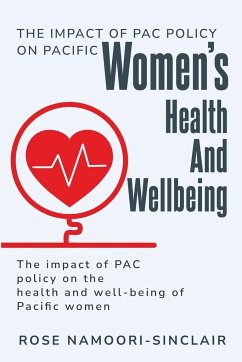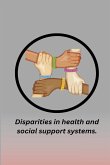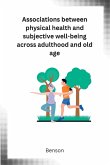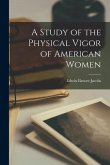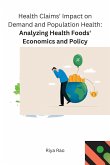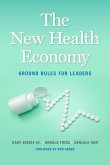This research examines in-depth the health and wellbeing experiences of 30 Kiribati migrant women navigating their way to achieve New Zealand permanent residency under the Pacific Access Category (PAC) policy. The political and economic rationality underpinning PAC was to meet New Zealand's labour demand for industrial growth. It also provides successful applicants with the opportunity to work, live and study in New Zealand indefinitely. The purpose of the research was two-fold. Firstly, to assess the health and wellbeing experiences of migrant women who travelled to New Zealand under the PAC scheme, using Kiribati women as a case study to comment on issues of responsibility for healthcare and wellbeing. Secondly, to identify gaps in personal and policy-related aspects of healthcare and wellbeing, and determine how access to appropriate healthcare and social services for PAC migrant women can be facilitated. The experiences of these migrant women indicated shortcomings in provision of health and social services that this thesis terms the 'PAC gap'. Although the PAC policy offers them the opportunity to live permanently in New Zealand, the current state of the PAC policy features gaps in service provision that result in gender and health inequality, financial hardship and stress, poor housing, unemployment and poverty. The health and wellbeing impact of the existing conditions of the PAC policy was exacerbated by the contrasting influence of neoliberalism as a policy, ideology, and a form of governmentality in the New Zealand environment (Larner, 2000a; Suaalii, 2006), and the markedly different maneaba system that is central to the social and political life in Kiribati (Tabokai, 1993; Uakeia, 2017; Whincup, 2009). Te maneaba is a traditional meeting hall, where communal meetings take place, and unimane (male elders) make decisions for the governing and wellbeing of the village people (Tabokai, 1993). It is a form of governmentality that shapes and influences how an I-Kiribati thinks and acts (Foucault, 1991). This system is at odds with a neoliberal approach that stresses self-responsibility and individualism. These contrasting forms of governmentality 'talk past each other' or are totally different (Metge & Kinloch, 1984).
